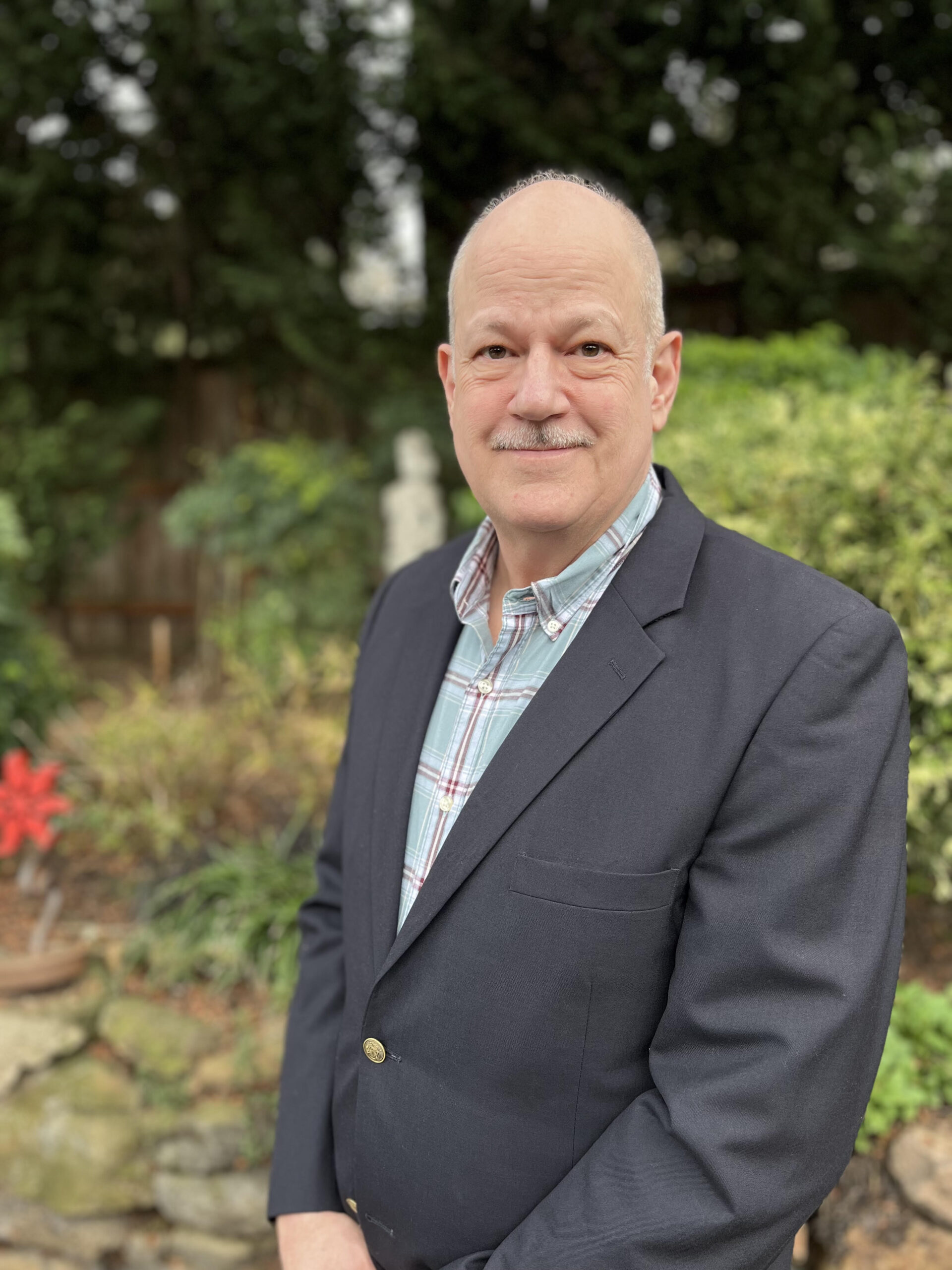In the summer of 2015, the year when Ashish Akula completed his mechanical-engineering degree from Jawaharlal Nehru Technological University in his hometown of Hyderabad, India, a headline from another Southern Indian city caught his attention – and imagination.
Cochin International Airport announced it would install 46,150 solar panels on 45 acres of unused land to establish generation capacity of 12 megawatts. Headlines marked a major milestone: Cochin would become the world’s first fully solar-powered airport.
“Me being a 21-year-old kid, I was like, oh, this is really exciting, you know, and a step towards sustainability,” said Akula, said in an interview with pv magazine USA. “Anything related to sustainability, I’ve always loved it since my childhood. I like to think of the longer-term benefits in my personal life or my work life.”
For Akula, an avid hiker and nature lover, the airport news planted a seed in his mind.
But before anything came of it, Akula immigrated to Ohio, joining his sister in the United States. He worked in automotive, aviation, cutting-tool and health-care companies.
The solar seed did not take root professionally until 2024, when a recruiter from Bila Solar invited him to apply to be lead quality engineer for the company’s startup factory in Indianapolis. Now nearing his first anniversary at Bila, he’s enjoying a heady ride there.
A week after joining the company, Bila dispatched Akula to study quality management in solar manufacturing for two months at Bila’s sister plant in Yangzhong, a city northwest of Shanghai. There, Akula was amazed not only by ingenious and intricate quality improvements of factory processes, but also by overbrimming expressions of market enthusiasm for solar.
At the SNEC PV Power Expo 2024 convention in mid-June in Shanghai, some half-million attendees visited about 2,000 booths sprawling across 4.3 million square feet of exhibition space. “We walked like miles and miles,” Akula said. “It was like a small city.”
He noted that that experience opened his eyes to the global scale of solar, and pointed to the recent growth in domestic solar manufacturing in the United States.

Now 30, Akula has no plans to slow down, as Bila has accelerated the ramp of its 157,000-square-foot facility in Indiana toward 1 GW of capacity.
The fast pace has stemmed, he said, from robust demand for the company’s two products: ultralight glass-free modules and large 550-watt dual-glass modules. Bila began producing the former in February and plans to start the latter in April. Akula’s glad that the factory will consume cells domestically made by ES Foundry in South Carolina to make both products. The plant employs 40 people now and expects 75 by year end.
Having completed Ph.D. coursework at The University of Akron, Ohio, Akula is narrowing the field of solar topics to study for his doctoral thesis and leaning toward researching a facet of all-important solar-panel lamination.
Meantime, Akula treasures his role in Bila’s startup. “For me, the exciting part would be that I would be able to build something from scratch,” Akula said. It’s also a rare opportunity, he said, to “set culture from the get-go,” meaning to establish team standards and approaches.
There’s never a dull day, he said. “Coming in to work every day, there’s always something new to solve,” he said. “We learn a lot of new things every day.”
Amid the fray, Akula said, flexibility and adaptability are lodestars. Also imperative is strong teamwork, especially as a small team anticipates becoming a hub for staff additions over time, said Akula, who now supervises two colleagues.
Akula concedes that it’s sometimes challenging to serve multiple, fast-evolving priorities while overseeing the daily work of calibrating and applying tools to measure and boost processes and quality. Akula said he fixes his focus on ensuring that products meet customer requirements.
Akula described the trajectory of domestic manufacturing in a similar way: “The journey can be linear or up and down,” he said. “We’re heading in the right direction. We just need to continue doing that and keep moving forward.”
This content is protected by copyright and may not be reused. If you want to cooperate with us and would like to reuse some of our content, please contact: editors@pv-magazine.com.









By submitting this form you agree to pv magazine using your data for the purposes of publishing your comment.
Your personal data will only be disclosed or otherwise transmitted to third parties for the purposes of spam filtering or if this is necessary for technical maintenance of the website. Any other transfer to third parties will not take place unless this is justified on the basis of applicable data protection regulations or if pv magazine is legally obliged to do so.
You may revoke this consent at any time with effect for the future, in which case your personal data will be deleted immediately. Otherwise, your data will be deleted if pv magazine has processed your request or the purpose of data storage is fulfilled.
Further information on data privacy can be found in our Data Protection Policy.